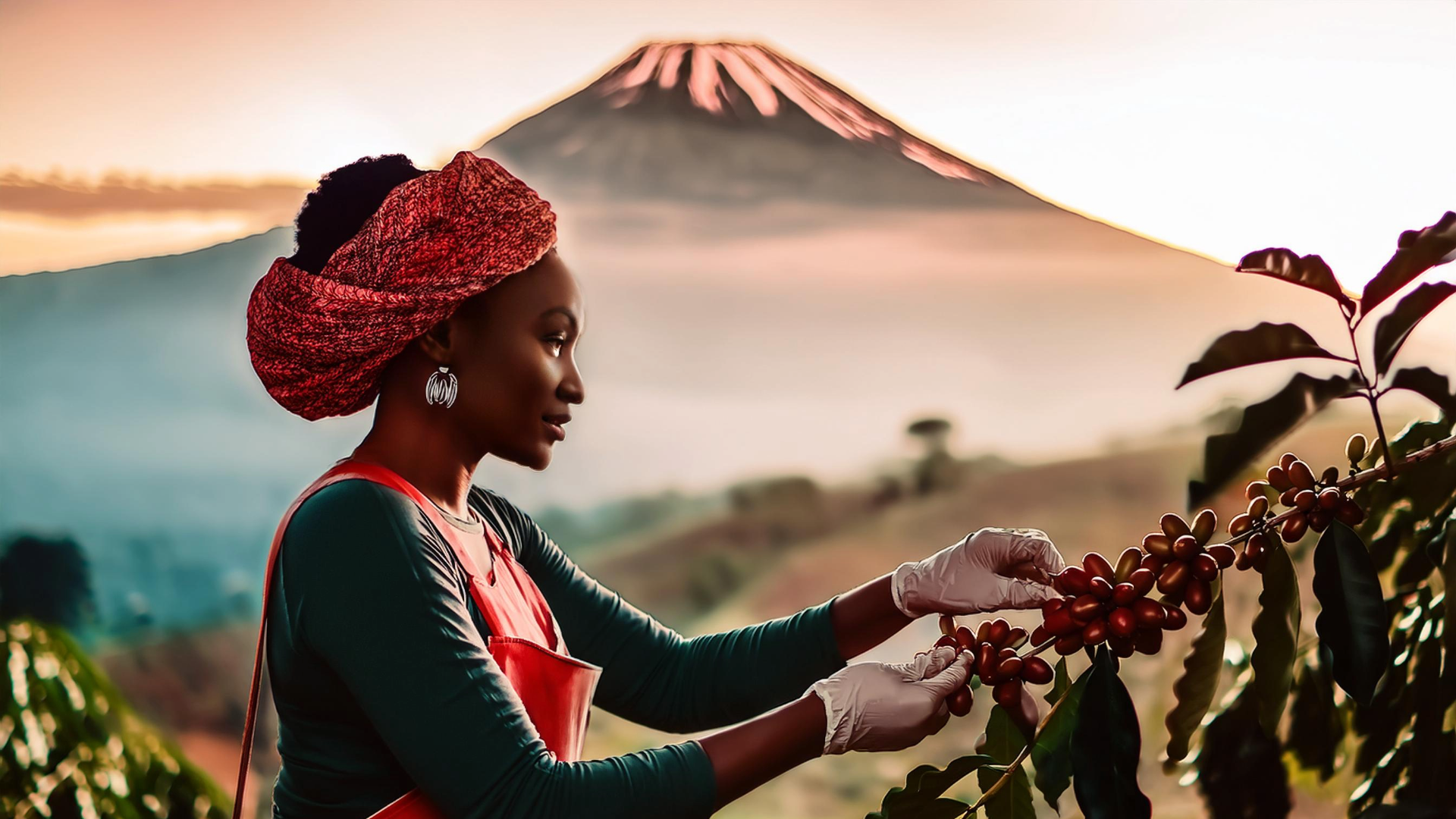Why African Coffee is Some of the Best Specialty Coffee on Earth
Coffee enthusiasts around the world often rave about African coffee, and for good reason. African coffee beans are renowned for their exceptional quality, unique flavors, and rich heritage. From the highlands of Ethiopia to the fertile soils of Kenya, African coffee regions produce some of the finest specialty coffee beans that consistently impress even the most discerning palates. Here’s why African coffee is considered some of the best specialty coffee on earth.
1. Rich Coffee Heritage
Africa is often referred to as the birthplace of coffee. The story of coffee dates back to the ancient coffee forests of Ethiopia, where legend has it that a goat herder named Kaldi discovered the coffee bean after noticing his goats becoming unusually energetic after eating the red berries from a certain tree. This rich history is deeply embedded in the culture and traditions of many African countries, contributing to the profound passion and expertise in coffee cultivation and processing.
2. Ideal Growing Conditions
African coffee-growing regions boast some of the most ideal conditions for producing high-quality coffee beans. The continent’s diverse climates, altitudes, and soil types create the perfect environment for coffee plants to thrive. For example, the high altitudes in Ethiopia, Kenya, and Rwanda provide cooler temperatures, which slow the maturation of coffee cherries, allowing for the development of more complex flavors. Additionally, volcanic soils rich in minerals contribute to the unique taste profiles of African coffee beans.
3. Unique Flavor Profiles
African coffee is celebrated for its distinctive and diverse flavor profiles. Ethiopian coffees, often referred to as the champagne of coffee, are known for their bright acidity, floral aromas, and fruity notes, such as blueberry, jasmine, and bergamot. Kenyan coffees are famous for their full-bodied, wine-like flavors with vibrant acidity and notes of blackcurrant and citrus. Rwandan and Burundi coffees often exhibit a delightful balance of sweet, fruity, and floral flavors with a silky mouthfeel. These unique and complex flavors set African coffee apart from beans grown in other parts of the world.
4. Traditional Processing Methods
Many African coffee producers still employ traditional, artisanal processing methods that have been passed down through generations. For instance, Ethiopian coffee is often processed using the dry or natural method, where coffee cherries are dried whole in the sun, imparting a distinctive fruity sweetness to the beans. In contrast, Kenyan coffee is typically processed using the wet or washed method, which enhances the coffee's bright acidity and clean flavors. These time-honored techniques contribute to the exceptional quality and unique characteristics of African coffee.
5. Sustainable and Ethical Practices
Sustainability and ethical practices are increasingly important in the coffee industry, and many African coffee producers are at the forefront of these efforts. Numerous cooperatives and smallholder farmers in Africa are committed to organic farming, fair trade practices, and environmentally friendly cultivation methods. By supporting African coffee, consumers are often contributing to the livelihoods of small-scale farmers and promoting sustainable agriculture.
6. Innovative Coffee Movements
In recent years, African coffee regions have seen a surge in innovative coffee movements, with a growing focus on specialty coffee production. Farmers and cooperatives are investing in better cultivation techniques, improved processing methods, and quality control measures to produce coffee that meets the high standards of the specialty coffee market. This dedication to excellence is reflected in the numerous awards and accolades that African coffees continue to receive at international competitions and exhibitions.

